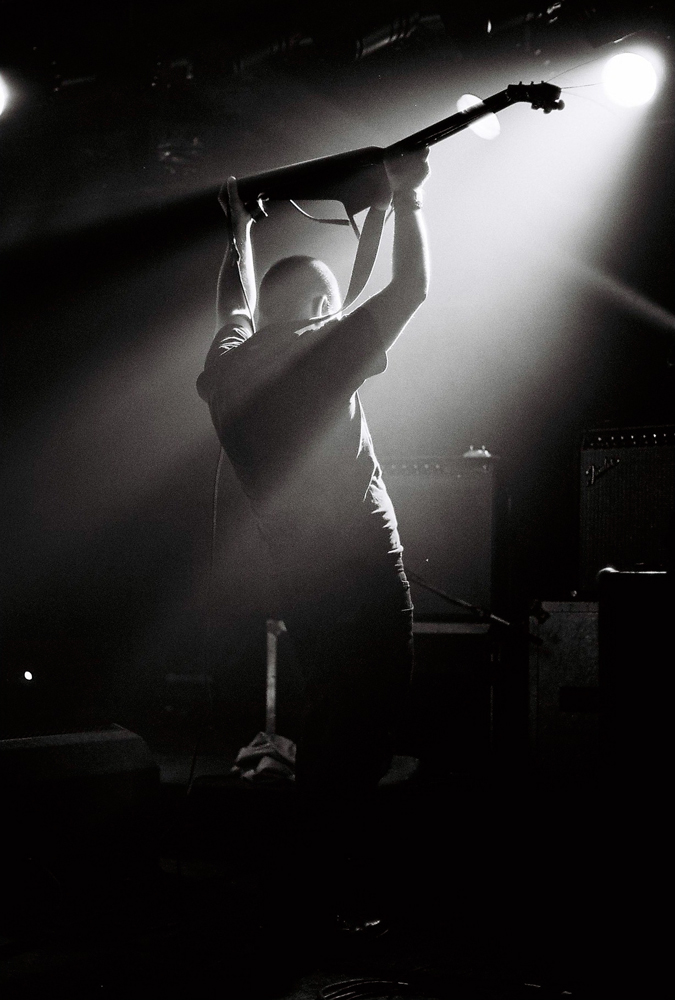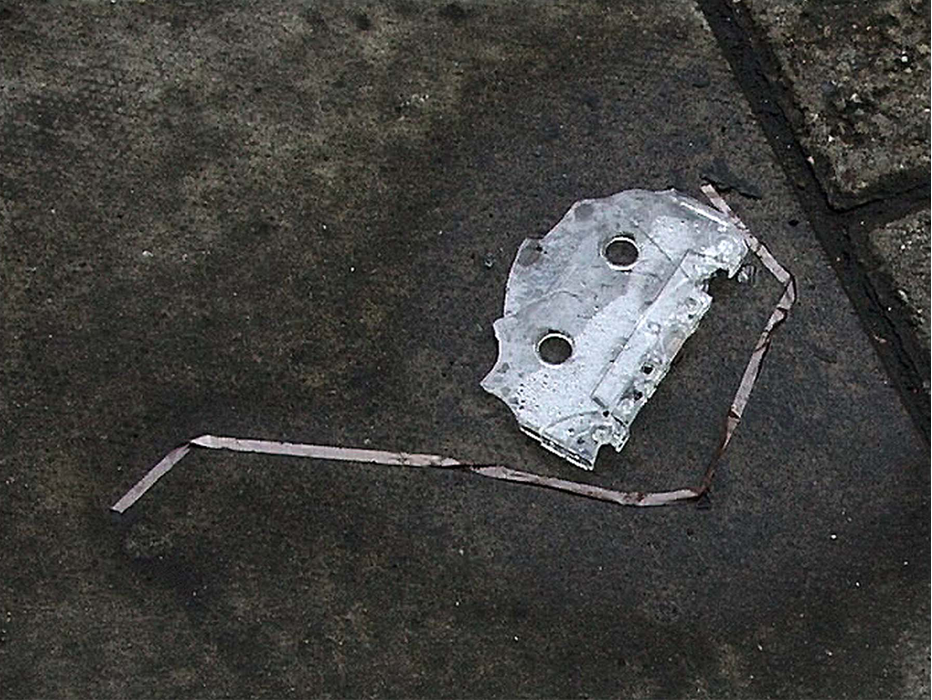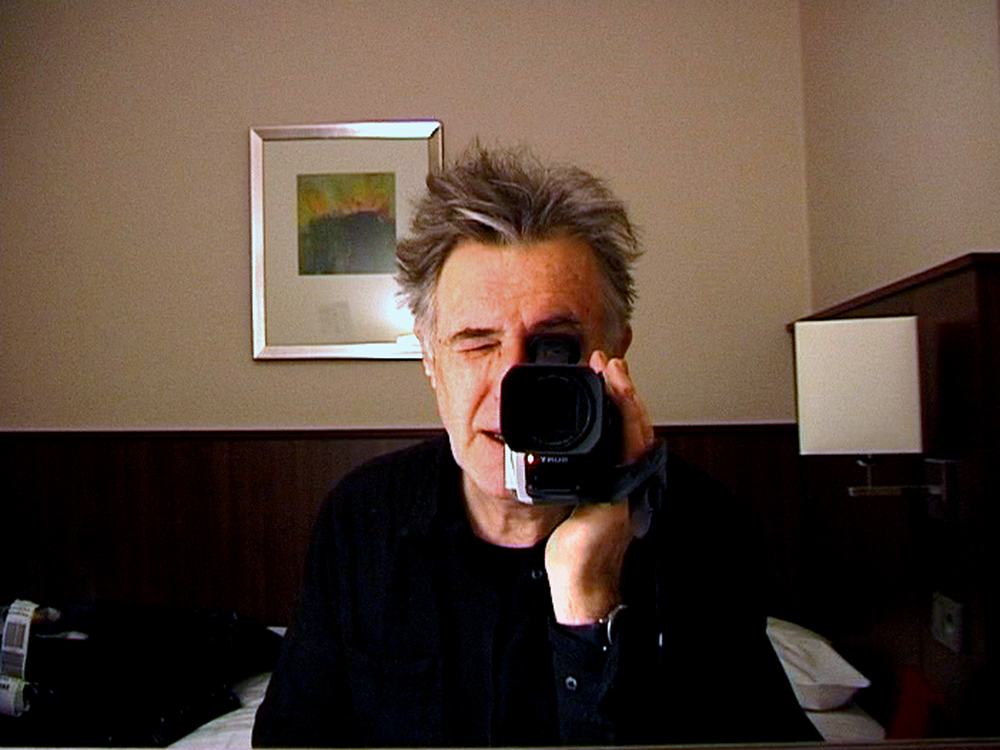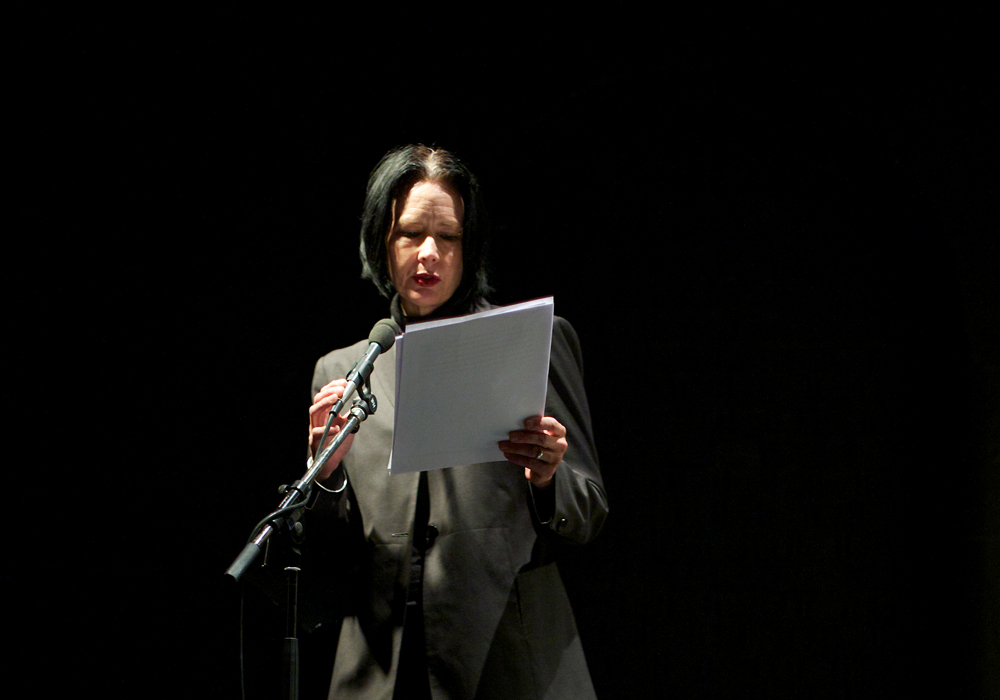
Poethical Readings/Intuiting the Political
Denise Ferreira da Silva Valentina Desideri
Four intimate 45 minute sessions, readings of your political questions – using Tarot, Palmistry, Reiki, Astrology, and Philosophy, and the invented methods of Fake and Political Therapy.












